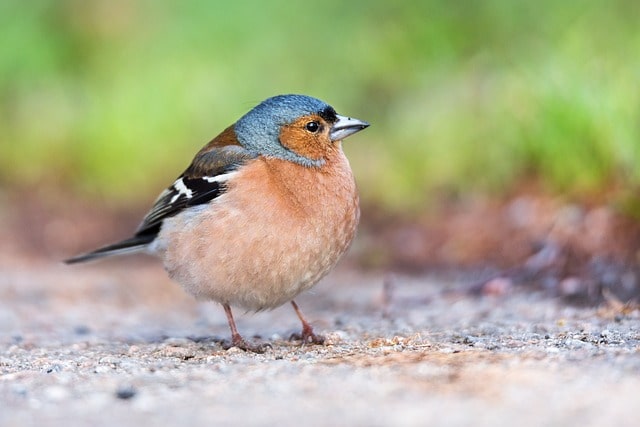Tips to Protect Your Grass Seed from Birds
Introduction
Watching grass grow is not the most exciting activity, but it is a vital part of your garden’s health and appearance. Unfortunately, one of the biggest obstacles to nurturing your grass seed into a lush carpet of green is possibly right outside – birds. Birds are not deliberate saboteurs but instead natural foragers looking for seeds to munch on. If you find yourself facing the problem of birds eating your grass seed, don’t worry. In this blog post, we will discuss numerous techniques and methods to keep these feathered intruders at bay and promote the healthy growth of your
Understanding the Threat
Before we delve into the solutions, let’s understand why birds are attracted to grass seed in the first place. Birds have natural instincts to search for food, with small and relatively exposed seeds becoming easy targets for their keen eyesight. Thus, freshly sown grass seed is like a dinner bell for many avian creatures seeking an easy snack or a hearty meal. The voice is aura of your garden as largely uninvited guests pouncing on your grass seed can be disheartening for any gardener or homeowner putting effort into maintaining their lawn.
Effective Strategies to Deter Birds from Eating Grass Seed
Plant a cover crop: Consider planting a temporary cover crop like oats or ryegrass over freshly sown grass seed. These plants will act as a camouflage for the seeds while also providing a secondary food source for birds, minimizing their interest in excavating your grass seed.
Use bird netting: One of the most effective ways to protect your grass seed is by covering the seeded area with bird netting. This physical barrier will prevent birds from accessing the seeds and disrupting the germination process.
Install scare devices: Utilize scare devices such as reflective tape, wind chimes, or decoy predators to create a hostile environment for birds around your grass seed. These visual and auditory deterrents can help convince birds that your lawn is not the best dining spot.
Try bird repellent products: Various bird repellent products are available in the market, including sprays, granules, and gels that emit odors or tastes unpleasant to birds. Applying these repellents around the seeded area can discourage birds from feasting on your grass seed.
Set up a bird feeder: To redirect birds’ attention away from your grass seed, strategically place a bird feeder filled with seeds and grains in another area of your yard. This will provide an alternative food source for birds, reducing their reliance on your grass seed.
Increase watering frequency: By keeping the seeded area moist through frequent watering, you can make it challenging for birds to access the seeds buried beneath the soil. Additionally, moist soil promotes seed germination, contributing to faster grass growth and establishment.
Utilize natural deterrents: Some natural items like chili powder, garlic powder, or coffee grounds have repellent properties that can deter birds from foraging in your seeded lawn. Sprinkling these deterrents sparingly around the seedbed can help protect your grass seed.
Scare tactics: Making some noise by clapping hands, yelling, or using a bell periodically can startle birds and discourage them from lingering around your grass seed. While not a foolproof method, incorporating scare tactics can complement other strategies in deterring birds.
Create physical barriers: Installing temporary barriers like chicken wire, mesh fabric, or row covers over the seeded area can physically prevent birds from accessing the grass seed. Ensure that these barriers are secure and adequately cover the seeded zone.
Persistence Pays Off
While implementing these strategies can significantly improve your chances of safeguarding your grass seed from birds, it’s essential to remain persistent and adaptable. Birds are intelligent creatures capable of adjusting to deterrents over time, requiring you to rotate and combine different methods to maintain their effectiveness. Remember that cultivating a beautiful, bird-free lawn is a process that demands patience, vigilance, and a proactive approach. By staying committed to your goal and experimenting with diverse techniques, you can enjoy the sight of lush, healthy grass growth while thwarting avian intruders effectively.
So the next time you sow new grass seed and wish to nurture it to full maturity, arm yourself with these tips and techniques to keep birds at bay. With dedication and the right strategies, you can revel in the joy of watching your grass seed flourish undisturbed by hungry birds. Happy gardening!

